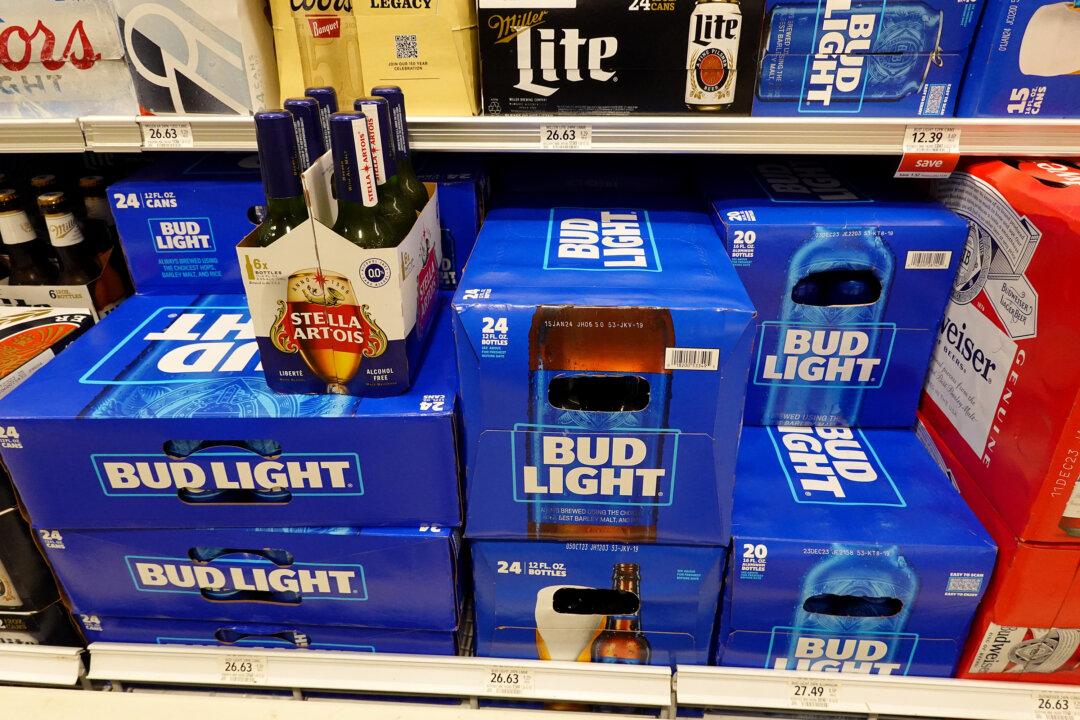A survey has found that Bud Light has allegedly won back 15 percent of Americans who had boycotted the brand after it engaged with a transgender influencer.
An analysis from Deutsche Bank found that the proportion of Bud Light drinkers who say they are not likely to purchase the beer dropped in July. So far, only 19 percent of surveyed beer drinkers said they will not purchase Bud Light, down 21 percent in July.





